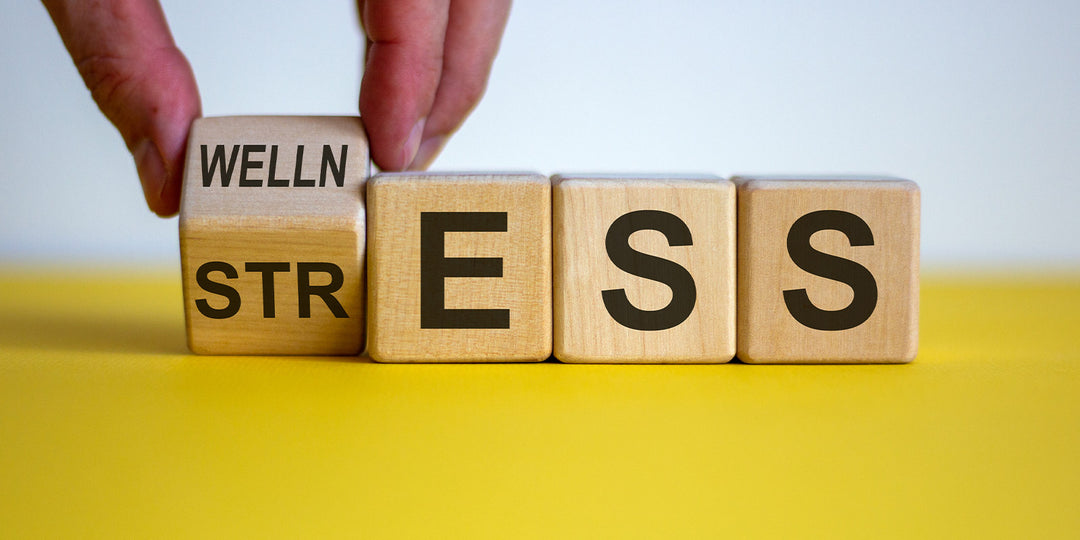Five Ways to Keep Stress in Check for Healthy Weight
We all deal with stress at some point, but how we handle it affects our health.
When we're stressed, our bodies release hormones like adrenaline and cortisol. Usually, this isn't an issue unless we're constantly stressed. Too much of these hormones can raise our blood pressure and blood sugar. What's less known is that long-term stress can lead to weight gain because our bodies store more fat.1
Understanding how stress and weight are connected is crucial, so it's important to learn how to manage stress effectively.
In this blog, we'll explore five practical strategies to help you keep stress levels in check, promoting both weight management and overall health.
Five Ways to Manage Stress for Better Health and Weight Management
In our journey toward improved health and weight management, learning to manage stress effectively is crucial. Knowing how stress affects our bodies and having strategies to deal with it can make a big difference in how we feel overall.
So, where do we begin? There are five simple ways to help handle stress and improve our health and weight. These methods, from paying attention to our body’s signals to seeking support from friends and family, provide practical tools to overcome life’s obstacles.
1. Listen to your body’s stress signals
Are you noticing tension in your shoulders, teeth clenching, or shakiness? Recognizing these early signs of stress can help you cope more effectively before feeling overwhelmed.
2. Find outlets for frustration
Redirecting anger or stress through hobbies like painting, playing with pets, or light exercise can be beneficial. Activities like walking or jogging can also release endorphins, lifting your mood.
3. Use your social support networks
Seeking support from friends and family can significantly reduce stress. Specific requests for assistance, rather than subtle hints, can make a big difference, especially during challenging times like caring for a sick family member. You may also find it helpful to join a support group.
4. Prepare and predict
Planning for stressful events, such as doctor's appointments, can lessen the stress response. Keeping organized with separate calendars and documents containing essential health information, like current health conditions, a food journal, and medications, can help ease anxiety.
5. Control what you can and let the rest go
Recognize what you can and cannot control to focus your energy effectively. While you may not control external factors like a late and unreliable coworker, you can manage your own work ethic and relationships within your control.
Summary
Effectively managing stress is crucial for keeping our bodies healthy and maintaining a balanced weight. Understanding how stress affects our hormones and body functions shows us why it's important to deal with stress in our everyday lives.
By following the five simple strategies discussed in this blog—like noticing when our body shows signs of stress, getting support from friends and family, and planning for tough situations—we can take control of our stress levels.
These methods don't just help us avoid the negative effects of stress on our health, but also lead to a more satisfying and balanced life. By practicing these techniques regularly and staying mindful, we can face life's challenges with strength and reach our goals for better health and well-being.
Reference
1. Mayo Clinic. 2023. Accessed from https://www.mayoclinic.org/healthy-lifestyle/stress-management/in-depth/stress/art-20046037.
This blog is for information and education purposes only. This information is not intended to substitute professional medical advice, diagnosis, or treatment. Please consult with a qualified healthcare provider with any questions in regard to a medical condition.










